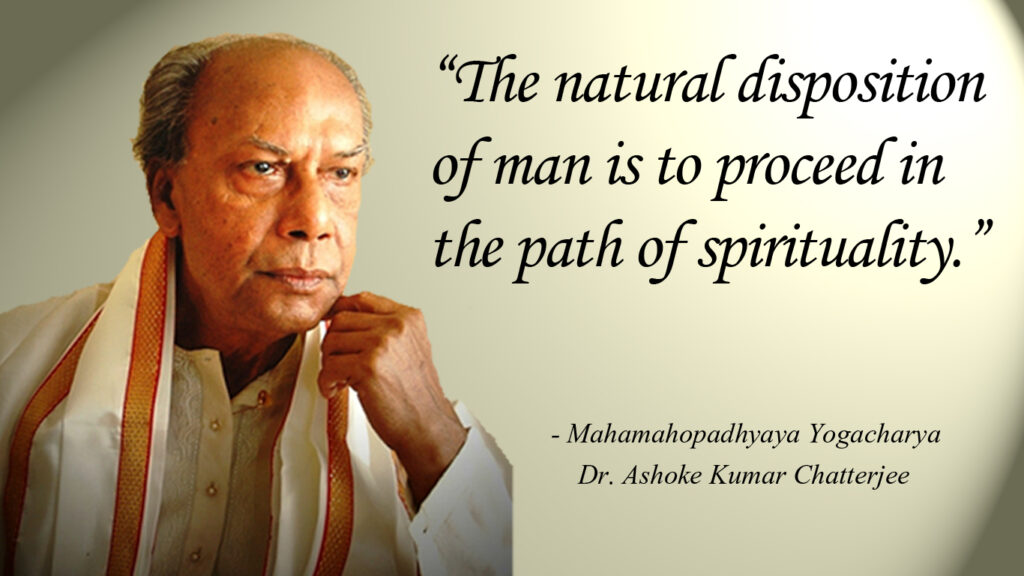Kriyayoga finds its mention in ancient Indian scriptures such as Patanjali Yogasutra which was first propounded by Rishi Patanjali 2500 years ago.
Kriyayoga can be broadly split into 3 parts. The first part is Tapah, which means carrying out various intense yogic practices, the second part is Swadhya which means the study of scriptures and looking into one’s inner self, and the third and penultimate part is Ishwar Pranidhan which means coming to the conclusion that God is the sole perpetrator of all our actions, not us. It is the state of surrender to the higher Self. Kriyayoga practices culminates in Ishwar Pranidhan.
Now what happens when a person comes to the stage of Ishwar Pranidhan or Self surrender? He is freed from being the doer as the onus of action is transferred from the individual to God. Thus, the individual becomes free from the Karmic effect of all actions carried out by him and inspite of doing everything, he practically does nothing- from the Karmic point of view, being freed from the cycle of Karma. When a person’s Karmic cycle ends he becomes delinked from the effects of Karma-whether good or bad. He becomes a free soul and exists as a person being free while being alive. Such a person is known as a Jivan-Mukta. They merge with the Ultimate after death, and whilst alive, are in constant communion with God.
This particular state of being free whilst alive makes a person steeped in constant ecstasy, almost like being high on mood elevators but without any side effects. There is a term in Sufism, called ‘Mast’. Mast is a state in which a Sufi saint constantly exists, being in constant communion with God/Allah. It is almost like being inebriated without drinking wine.
In all the major religions in the world, this state of self surrender has been referred to .
In Islam, the core concept is surrendering to the will of Allah.
In Christianity, the core concept is to surrender to the will of the Lord (read God).
In Buddhism, the core concept is ‘I surrender to Buddha’.
The most ancient of all religions, Hinduism, the concept of surrender is flowing through aeons. It can be found in not only in Patanjali Yogasutras, but also in much earlier works such as the Upanishads.
Thus, it may be observed that there is only one single strand of thread running through all the pearls of religions of this world. This thread is “surrender” or “Ishwar Pranidhan”. Therefore it may be truly said that there is “One Man, One World, One Religion, One God”. This realization will entail dissolution of geographical and religious demarcations, spending of billions and billions of Dollars after machineries of warfare would become redundant, making the funds available for more activities relating to the upliftment of human kind. People of different religions will be more tolerant to each other instead of waging wars based on religious differences. And finally maybe we can see the dawn of a new era when there would be peace on earth.
Contributor : Shantanu Kapur
Yogiraj Shyamcharan Mission.
Founder-Member and Senior Advisor.

